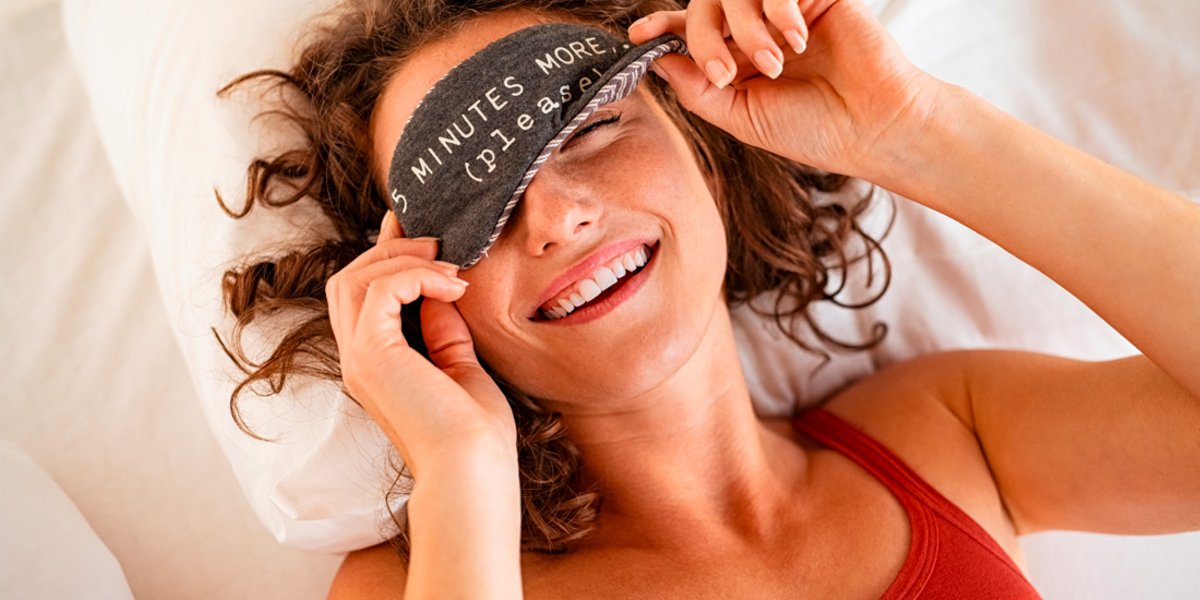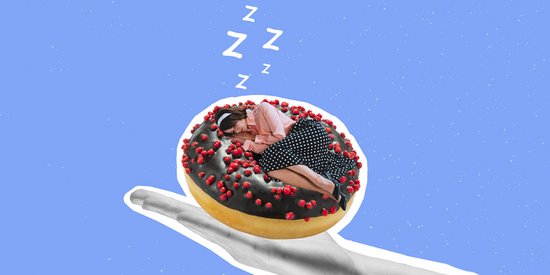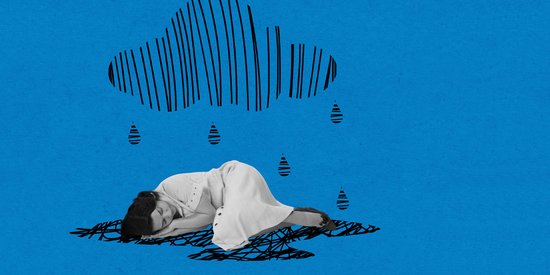One sheep, two sheep, three sheep….
For some of us, sleeping is no easy job.
We all know that when our sleep is disturbed, and our whole daily life is turned upside down, this often results in a lack of energy, being in a bad mood, as well as having increased irritability.
Regardless of age, sleeping well remains of major, even vital, importance. A good night's sleep is just as important as regular exercise and a healthy diet. Going to bed early and preferably at regular times are the basic principles of good sleep, but not only that.
To calm down and fall asleep without the hassle of a flock of sheep, there are a number of things you can do each day to improve the quality of your sleep. The consumption of rice, oats and dairy products and yes, the calming effects of milk, are due to the presence of tryptophan, the amino acid precursor of serotonin. In addition, practices such as mindfulness (a type of meditation) can help reduce stress and anxiety levels and promote the quality and rate of sleep as well as different breathing techniques. One example: 4-7-8 the miracle way to fall asleep easily .
There are other actions to put into practice that will allow you to benefit from a good night’s sleep too.
Increase exposure to bright light during the day
Natural sunlight or bright light during the day, helps keep your circadian rhythm healthy. In people with insomnia, exposure to bright light during the day helps improve the quality and duration of their sleep. It reduces the time it takes to fall asleep by 83%. So, try to expose yourself daily to sunlight or, if this is not possible, invest in a device or use artificial light bulbs. You should know that light therapy has more than proven itself in this area.
Reduce irregular or long naps during the day
While short naps are beneficial, long or irregular naps during the day can have a negative effect on your sleep. Sleeping during the day can disrupt your internal clock, which means you may have trouble sleeping at night. One study noted that while naps of 30 minutes or less can improve daytime brain function, longer naps can negatively affect sleep health and quality.
And where is melatonin in all of this?
Melatonin is a key sleep hormone that tells your brain when it's time to relax and go to bed. Melatonin supplements are an extremely popular sleep aid in some countries. Melatonin is also helpful when traveling and adjusting to a new time zone, as it helps your body's circadian rhythm return to normal. Try to avoid taking medication without talking to a medical professional, as the medication itself can sometimes prevent you from sleeping properly if it is not right for you.
Create a restful environment
Create an ideal room for sleeping. Often this means a cool, dark and quiet room. Exposure to light can make it harder to fall asleep. Avoid prolonged use of light-emitting screens just before bedtime. Consider using blinds to darken the room, earplugs, a fan, or other devices to create an environment that suits your needs.
Doing soothing activities before bedtime, such as taking a bath or using relaxation techniques or meditation, can promote better sleep.
Know how it works
Sleeping badly or not enough can have a huge impact on your quality of life, but most sleep problems can be solved with a little self-adjustment. Learn how sleep or lack thereof affects all aspects of your life. Identify the root causes of your sleeping problems.
Know when to contact your doctor
Almost everyone has a sleepless night at some point, but if you often have trouble sleeping, contact your doctor. Identifying and treating the underlying causes can help you get the best sleep you deserve. Mental health issues such as anxiety and depression can also affect our sleep.
For many of us, getting up in the morning is a daily struggle. We can improve things in order to sleep well, by getting to know each ourselves better and by respecting certain rules.
Sweet dreams!









